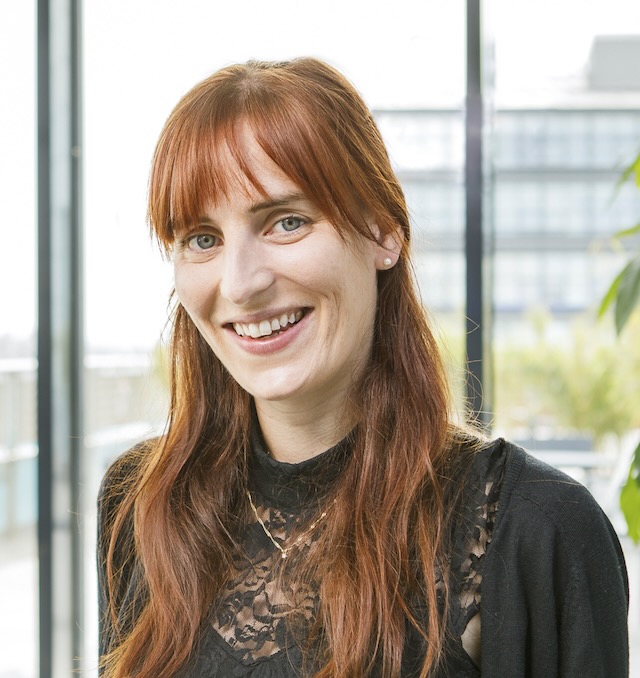
Stephanie Ellis, PhD
As multicellular tissues develop and age, the cells that comprise them non-uniformly accumulate genetic and non-genetic changes. These subtle changes can occur as a result of normal developmental programs and stochastic processes, as well as exposure to environmental stress; they may also arise due to intrinsic errors in cellular processes. As a consequence, most adult tissues are mosaics – heterogeneous cellular patchwork quilts of individual cells that vary slightly from one another in their genotypes and phenotypes, yet are still able to collectively function as a cohesive tissue. However, in some cases a patch of altered cells may emerge that has the potential to disrupt homeostasis and cause disease. To protect against this possibility, a cellular fitness sensing mechanism known as cell competition is hypothesized to enable recognition and elimination of less fit or damaged cells from the tissue. However, the molecular and cellular mechanisms that underly cell competition remain obscure. The goal of the Ellis lab is to unite concepts and tools from cell and developmental biology, disease modelling and biophysics to illuminate the mechanisms of cell competition in a variety of contexts including tissue assembly, repair, aging, and disease. Ultimately, work from the lab will uncover fundamental insights pertaining to how cells within complex tissues are influenced by the phenotypes of their neighbors and communicate with one another to establish and maintain robust and healthy tissue function over long lifetimes.
Stephanie J Ellis is an Assistant Professor and Group Leader at the University of Vienna and Max Perutz Labs where she established her group in 2022. She completed her undergraduate and graduate training in Cell and Development Biology at the University of British Columbia in the laboratory of Guy Tanentzapf. She then carried out a postdoctoral fellowship at Rockefeller University with Elaine Fuchs. Stephanie is the recipient of the Austrian Science Fund START prize (2023), an NIH Pathway to Independence Award (2019), the New York Stem Cell Foundation Druckenmiller Fellowship (2019), and a Human Frontiers Science Program Fellowship (2015).